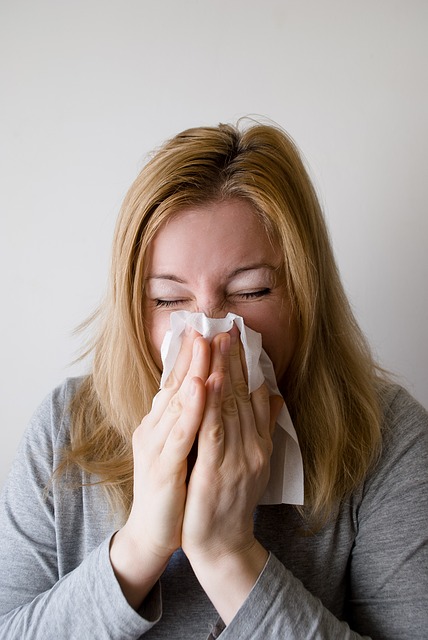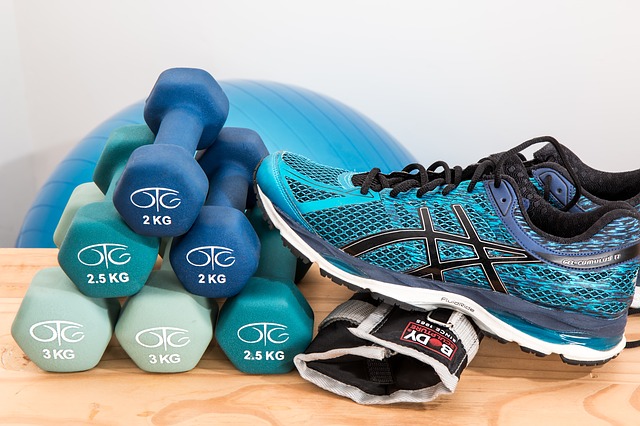Five Flu-Fighting Tips for College Students
California is in the midst of one of the worst flu seasons in history, reaching the highest level of activity in more than a decade.
As college classes begin again in the big city, crowded dorms and classrooms, a lack of sleep, stress, and poor diet can easily add up to a cold or worse, the flu.
The Academy wants to help you stay healthy this semester. Here are five flu-fighting tips for college students to help keep you healthy.

1. Get a Flu Vaccine
According to the CDC, getting an annual flu vaccine is the first and best way to protect yourself from the flu. While it isn’t 100% effective in preventing all strains of the virus, studies show it can lessen the severity of flu symptoms. Many health insurance companies will even cover the cost of the vaccine.
Here are some pharmacies in San Francisco that will administer flu shots to those 18 and older:

2. Keep Disinfectant Wipes Handy
In dorms and high-traffic common areas, germs can spread faster than you might even want to know. Infectious disease researchers who attended the Interscience Conference on Antimicrobial Agents and Chemotherapy in Washington, D.C., reported it could take as little as two to four hours before the contagion has spread to 40 to 60 percent of frequently handled surfaces (doorknobs, desks, cellphones, computer keyboards, etc.).
The Academy maintenance staff does its best to make sure common areas are as clean as possible. There’s also an easy solution for you to take part in keeping your campus healthy: carry disinfectant wipes along with you and keep your dorm room’s surfaces sanitary.
Can’t get to the store? No problem. Amazon prime members can get a 4-pack of Lysol Disinfecting On-The-Go Travel Packs for under $10.

3. Cover Your Nose and Mouth When Sneezing or Coughing
As simple as it may sound, you can greatly minimize the risk of spreading sickness to others by simply using a tissue to cover your nose and mouth when coughing and sneezing. Throw the used tissues away right after, sanitize your hands, and make sure not to touch your eyes, nose, or mouth afterwards (those are the openings of the body where germs like to travel through the most).
Of course, you can buy the typical plain white tissues that come in boxes of all shapes and sizes, or, if you want to show off your inner artist, check out these cool printed tissues!

4. Vitamin C is Key
It isn’t going to totally prevent you from getting sick, but it sure can help lessen the severity of whatever you may catch. An easy way to incorporate vitamin C into your diet is to grab some citrus fruits next time you’re at the dining hall (think oranges, grapefruits, pineapple, and kiwi).
Although vitamin C can’t completely prevent a person from getting an illness, eating foods rich with the vitamin can help manage symptoms and shorten the length of the illness. Citrus fruits, such as oranges and grapefruits, are high in vitamin C. Other fruits and veggies such as peppers, broccoli, pineapple, mango, and kiwi also contain high amounts of vitamin C.
Additionally, taking a vitamin C supplement is an easy way to boost that immune system. You can get 250 little tablets (enough to last you way beyond spring semester) for $8.79.

5. Use Regular Exercise as Preventative Medicine
Numerous studies show that when you exercise, you increase circulation and blood flow throughout your body. Additionally, the parts that make up your immune system are also better circulated via exercise. The best part? This means your immune system has a better chance of finding an illness before it spreads.
At the Academy, we have wonderful fitness facilities free for use by our students and staff members.
All students registered in six or more credits at the Academy are required to have health insurance. For details on plans for both domestic and international students, including a list of local doctors and hospitals that accept your insurance, we have everything laid out for you here.







